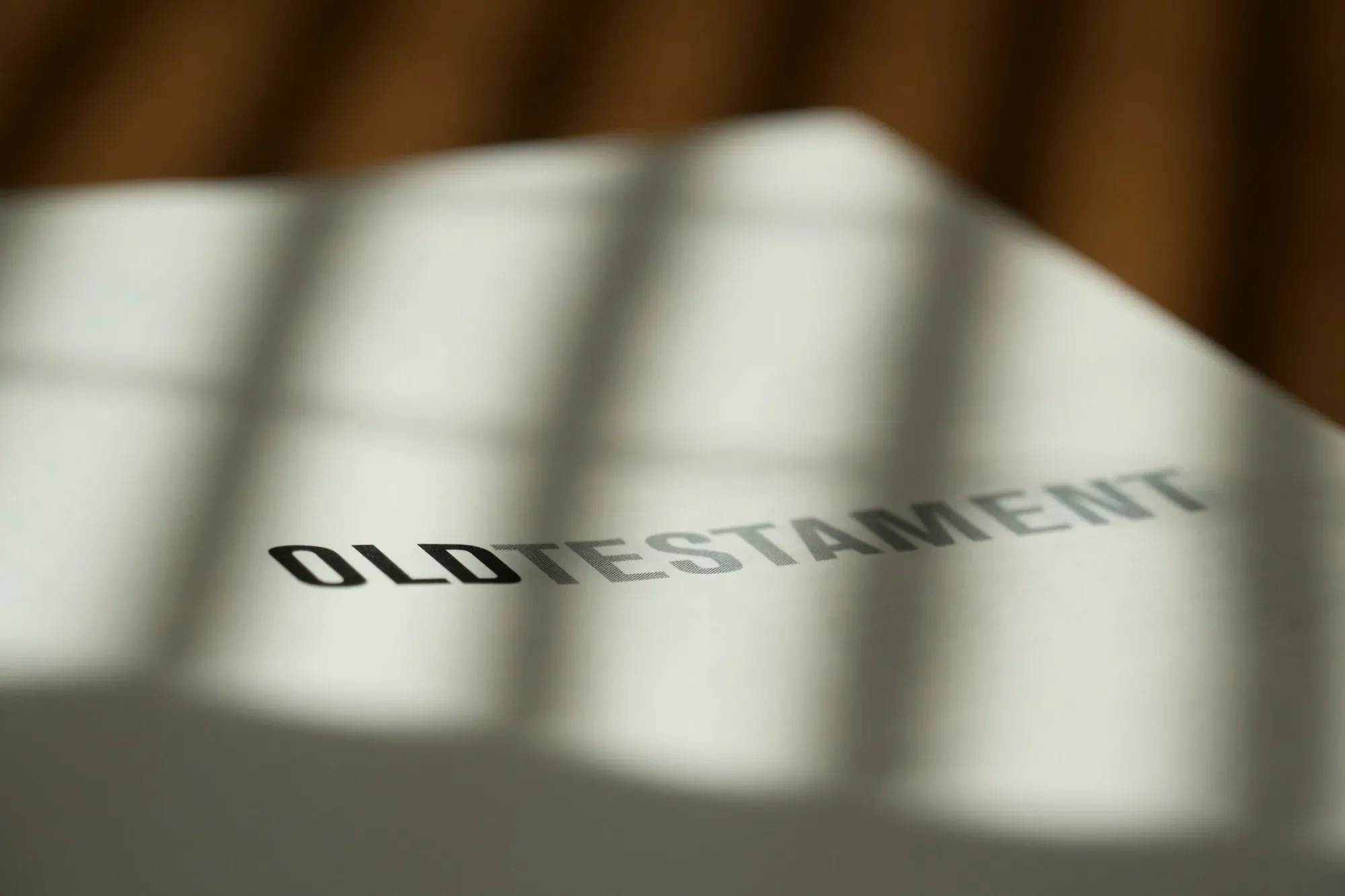Exodus - Bible Brief

Exodus is the second book of the Bible and part of the Pentateuch written by Moses. It begins in the same place that Genesis ended – in Egypt – about four hundred years later (Exodus 12:40). The reigning Pharoah did not know Joseph and how he helped save the nation. Instead, he saw the Israelites as a threat, forcing them into slavery (Exodus 1:8-9).
The first half of the book is fast paced and familiar with the introduction of Moses being sovereignly protected from execution, raised in the house of Pharoah, and fleeing after killing an Egyptian (Exodus 2). After living in exile for forty years, God appeared to Moses in a burning bush calling him back to Egypt to set His people free (Exodus 3).
Moses returned to Egypt and God used him to bring ten miraculous plagues on Egypt so that Pharoah would release the Israelites. They would enter the land God promised Abraham (Genesis 17:1-8, see Genesis 15:13-14). Each plague was worse than the previous, climaxing in the death of all firstborns of the Egyptians while the plague passed over the Israelites (Exodus 4-14). This event specifically was to be remembered by the Israelites as the Passover feast (Exodus 12:14).
This led to Pharoah releasing God’s people. He then pursued them, but God parted the Red Sea, freeing them from slavery. The first half ends with God miraculously providing manna from heaven, water from a rock, and giving of the Ten Commandments (Exodus 16, 17:1-7, 20:1-21).
The second half of the book slows down greatly. Instead of fast-paced action, it is filled with the documentation of laws, detailed instructions for the design of the tabernacle God’s presence will occupy, how priestly garments are to be made, and other information seemingly unimportant to Christians today. How are we to understand and apply this part of the book of Exodus?
The design of the tabernacle was deeply symbolic and there are connections between it and Jesus that will be developed in the next three books (Hebrews 8:5-6). Instead, we will focus on how the latter half of Exodus helps us to remember that God demands a certain way to be worshiped.
Scattered between these instructions are instances of the people worshiping God contrary to His command and His swift judgement (e.g. Exodus 32). Does God tell us how He should be worshiped today? Searching the New Testament, we see that God expects His church to preach the Gospel, administer the sacraments, and exercise church discipline.
This three-fold sign of a true church was articulated clearly in the Reformation but finds its roots in texts such as Matthew 28:19-20, 1 Corinthians 11:23–26, and Hebrews 12:11–16. After God had rescued His people from Egypt, He did not consult with Moses about how the people wanted to worship Him; He told them how He was to be worshiped. While a worship service today should not purposely drive a non-believer away, it should not be designed primarily to attract them, either. A worship service should be designed to worship God based on His command.
Let the reading of Exodus remind us how God rescued His people and His expectation of how we should respond to Him because of it.
